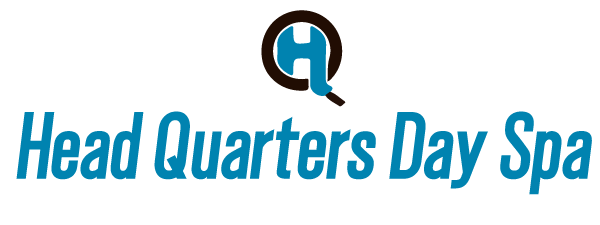Navigating the terrain of testosterone enhancement is a journey fraught with complexity and nuance, as individuals seek to optimize a hormone that plays a pivotal role in myriad aspects of health and well-being. Testosterone, often hailed as the quintessential male hormone, is responsible for the development of secondary sexual characteristics, muscle mass, bone density, and even mood regulation. The desire to enhance testosterone levels has surged in popularity, fueled by a cultural fascination with vitality, strength, and a perpetual quest for peak performance. However, this terrain is riddled with potential pitfalls and misconceptions, demanding a nuanced approach that balances the allure of heightened masculinity with the imperative of responsible health practices. One avenue that individuals explore in their quest for testosterone enhancement is lifestyle modification. Regular exercise, particularly resistance training, has been touted as a potent stimulator of testosterone production. Adopting a balanced and nutritious diet, rich in essential nutrients like zinc and vitamin D, can also contribute to maintaining healthy testosterone levels.
Adequate sleep is another crucial factor, as the body predominantly produces testosterone during deep sleep cycles. However, while these lifestyle changes can positively influence testosterone, they may not suffice for those seeking more substantial enhancements. Supplements and herbal remedies have emerged as another terrain to traverse in the quest for elevated testosterone. Natural compounds like fenugreek, ashwagandha, and tribulus terrestris are often marketed as testosterone boosters. Research on the efficacy of these substances, however, trt in san antonio is mixed, and caution should be exercised to avoid falling prey to unsubstantiated claims. The regulatory landscape surrounding these supplements is often murky, with varying degrees of oversight across different regions, making it crucial for individuals to scrutinize the credibility of the products they consider. In contrast, pharmaceutical interventions offer a more direct and potent approach to testosterone enhancement. Testosterone replacement therapy TRT involves the administration of exogenous testosterone to address deficiencies or imbalances.
While TRT can be effective in restoring hormonal equilibrium, it is not without risks and side effects. Careful monitoring by qualified healthcare professionals is essential to mitigate potential complications, such as cardiovascular issues and disruptions to natural hormone production. The terrain of testosterone enhancement also intersects with ethical considerations, as the allure of physical and cognitive benefits may tempt some individuals towards dubious practices. The misuse of anabolic steroids, synthetic derivatives of testosterone, is a dark corner of this landscape. Unsupervised and excessive use of these substances can lead to severe health repercussions, including cardiovascular issues, liver damage, and psychiatric disturbances. Ultimately, navigating the terrain of testosterone enhancement demands a discerning approach that recognizes the interconnectedness of physical, mental, and ethical dimensions. Balancing the pursuit of an optimized hormonal profile with a commitment to responsible health practices is crucial to traversing this complex landscape without sacrificing long-term well-being. As individuals embark on this journey, informed decisions, professional guidance, and a holistic perspective will be indispensable companions in navigating the intricate pathways of testosterone enhancement.

